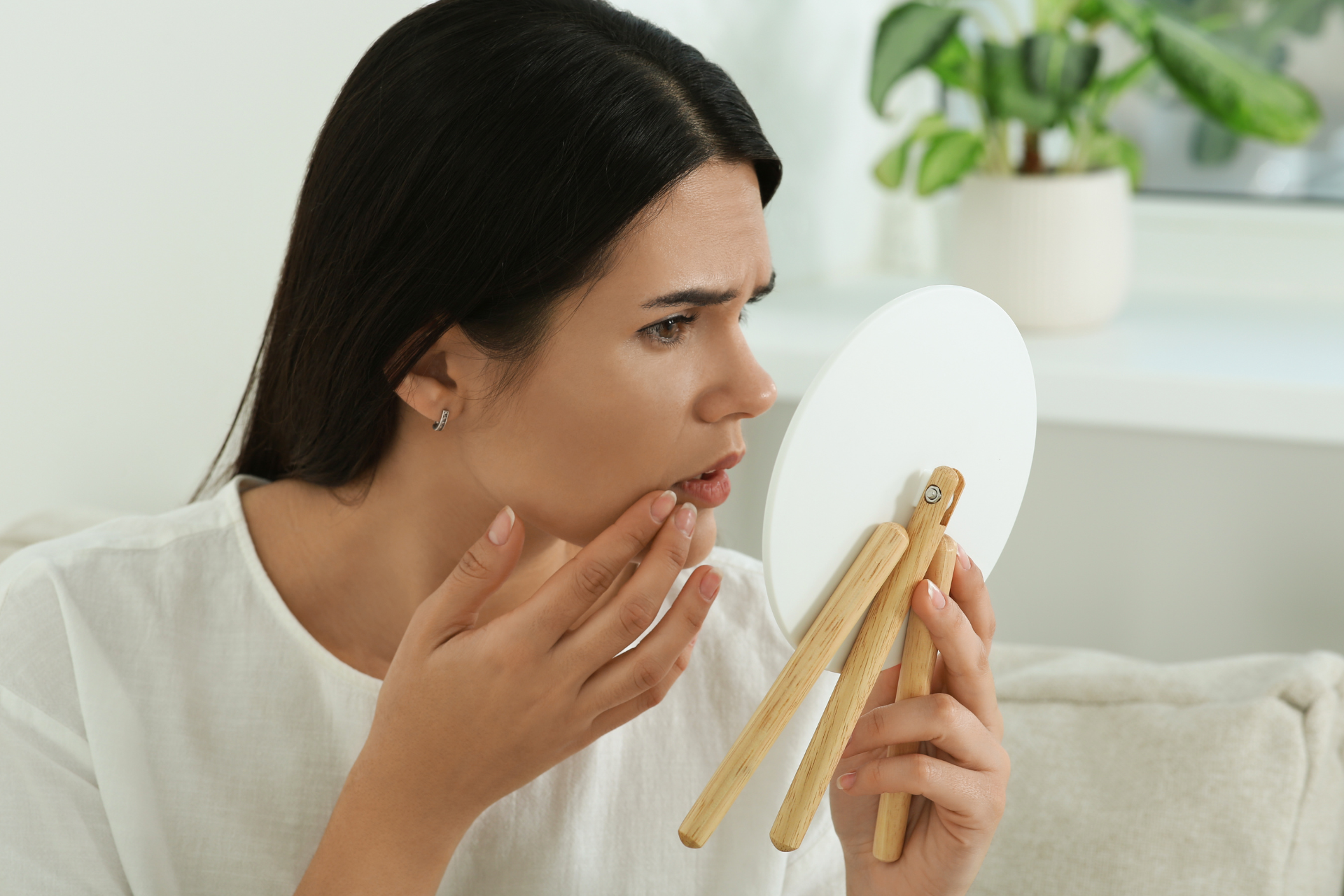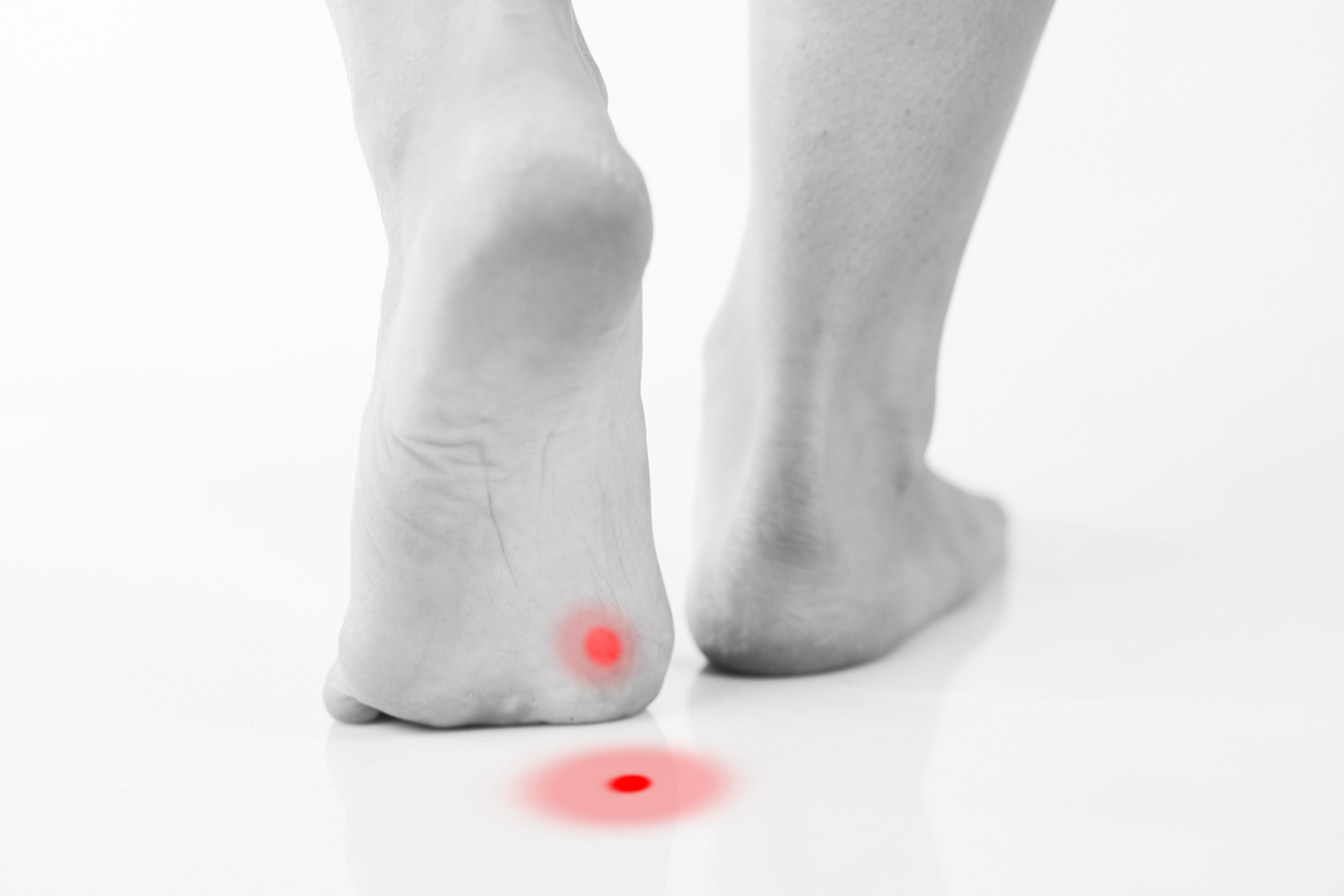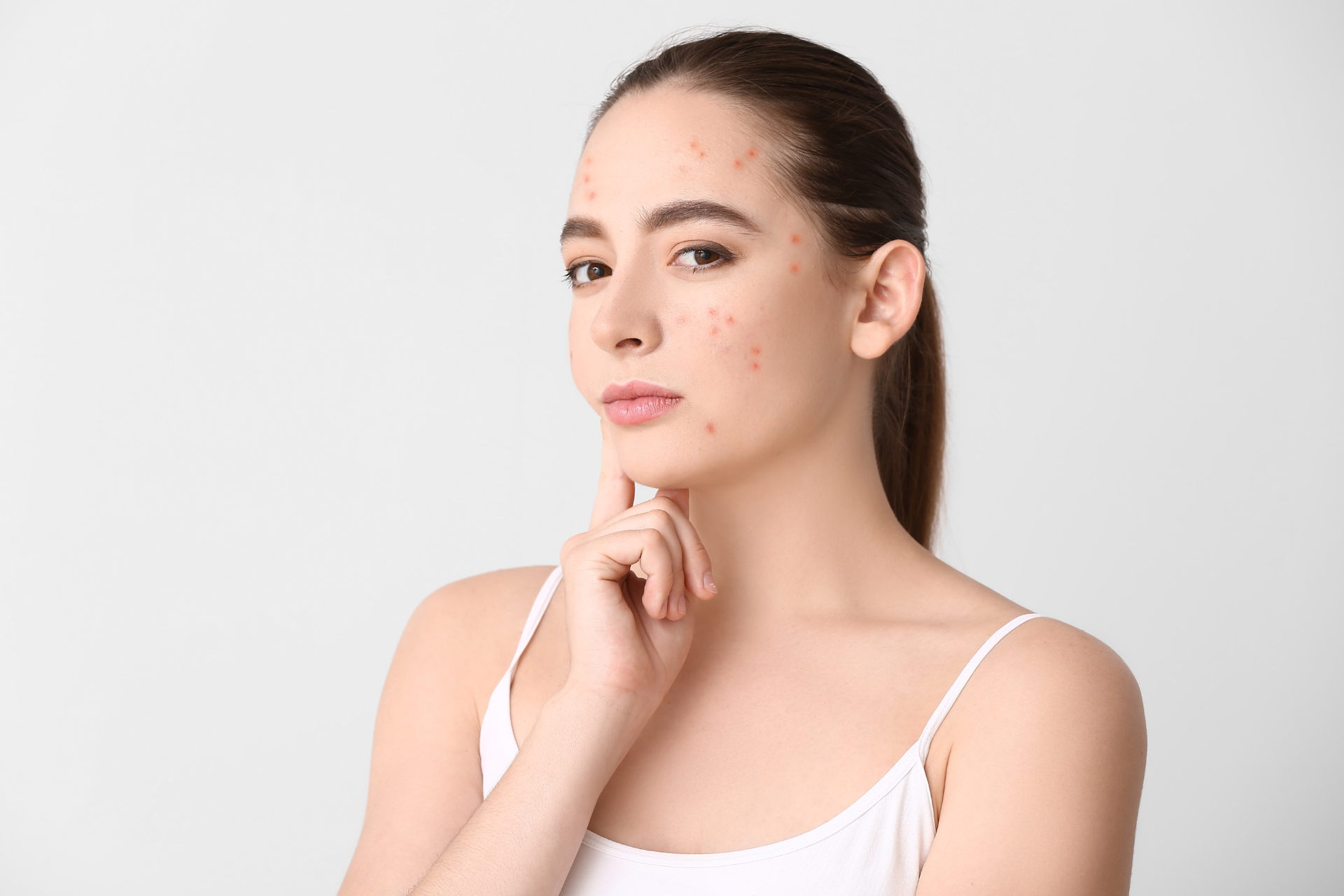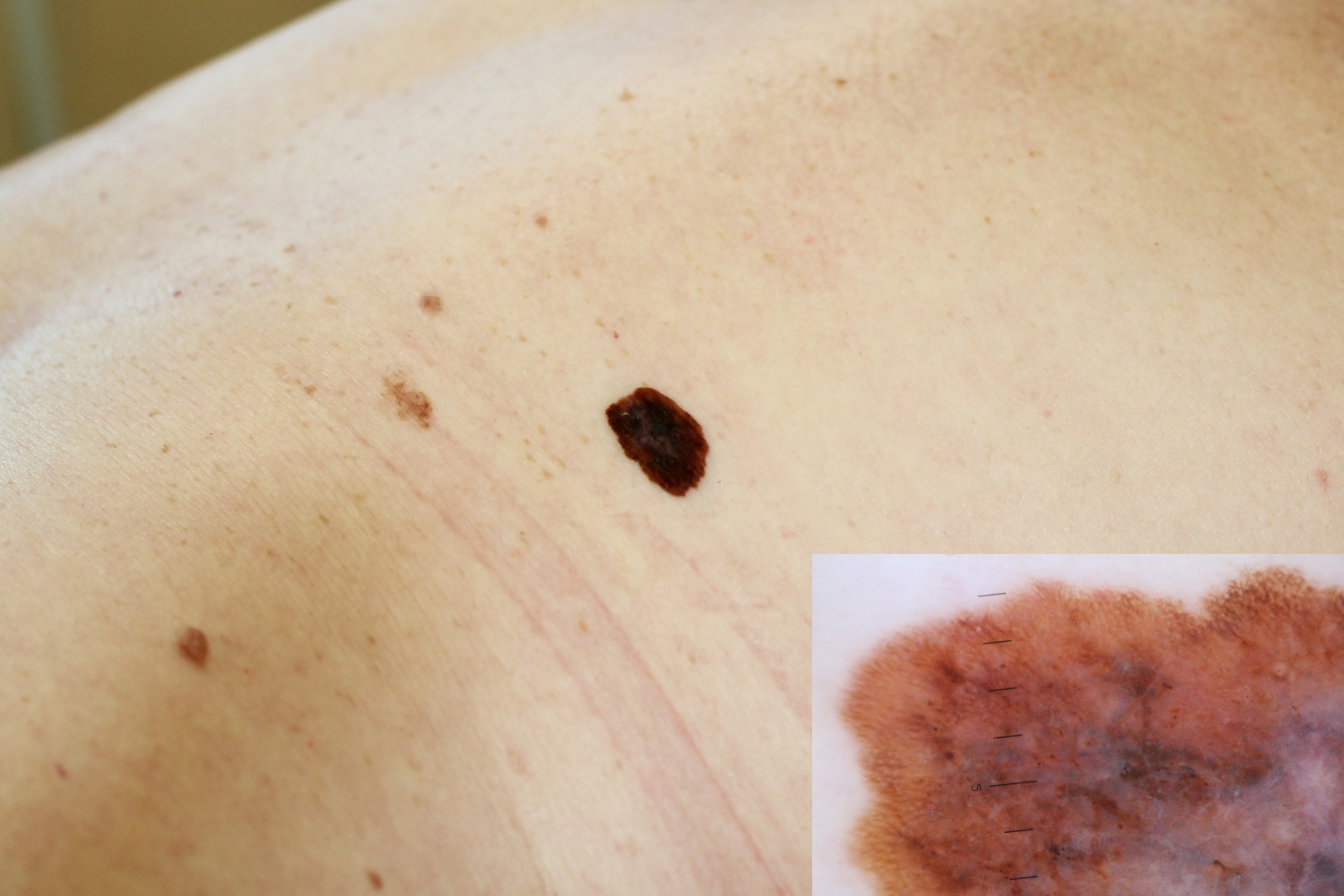The Impact of Hormones on Skin Health: What You Need to Know

Introduction
Welcome to Fall Creek Skin and Health Clinic, where we prioritize the overall well-being of our patients, focusing not only on treating skin-related issues but also on general health concerns. Today, we will delve into the fascinating topic of hormones and their significant impact on skin health. Understanding how hormones influence our skin can help us better address various concerns and maintain healthy, radiant skin at any age.
The Influence of Hormones on Skin Health
Hormones play a crucial role in regulating numerous functions within the body, including those that affect the skin. One of the key hormones that significantly impacts skin health is estrogen. Estrogen is responsible for maintaining the skin's hydration, elasticity, and overall youthful appearance. As we age and experience fluctuations in hormone levels, particularly during puberty, pregnancy, and menopause, the effects on our skin become more pronounced.
During puberty, increased androgen levels can lead to an overproduction of sebum, resulting in acne breakouts. This hormonal imbalance can persist into adulthood for some individuals, leading to ongoing skin concerns. Additionally, changes in estrogen levels during menopause can cause a decrease in collagen production, contributing to the loss of skin firmness and the appearance of fine lines and wrinkles.
Understanding Hormonal Acne
Hormonal acne is a common skin condition that affects individuals of all ages, particularly during puberty, menstruation, pregnancy, and menopause. This type of acne is often characterized by deep, cystic blemishes that appear on the jawline, chin, and cheeks. Hormonal fluctuations trigger an increase in sebum production, leading to clogged pores and inflammation.
At Fall Creek Skin and Health Clinic, our experienced practitioners can assess your hormonal acne concerns and recommend customized treatment plans to address the root cause of your skin issues. From topical treatments to hormonal therapy, we offer comprehensive solutions to help you achieve clearer, healthier skin.
Menopause and Skin Changes
Menopause is a natural phase in a woman's life that brings about significant hormonal shifts. As estrogen levels decline, the skin's ability to retain moisture and produce collagen diminishes, leading to dryness, sagging, and an increase in fine lines. Additionally, changes in hormone levels can exacerbate conditions such as rosacea and eczema, further impacting skin health.
To combat the effects of hormonal changes during menopause, it is essential to adopt a tailored skincare regimen that focuses on hydration, collagen support, and anti-aging ingredients. Our team at Fall Creek Skin and Health Clinic can provide expert guidance on selecting products and treatments suited to your skin's specific needs during this transitional phase.
Maintaining Hormonal Balance for Healthy Skin
Achieving optimal hormonal balance is key to maintaining healthy skin at any age. In addition to skincare routines and treatments, lifestyle factors such as diet, stress management, and adequate sleep play a significant role in hormone regulation. By prioritizing self-care practices and seeking professional guidance when needed, you can support your skin's health from the inside out.
Conclusion
In conclusion, hormones have a profound impact on skin health, influencing a wide range of conditions from acne to aging. By understanding how hormones function and learning to address imbalances effectively, you can empower yourself to take control of your skin's well-being. At Fall Creek Skin and Health Clinic, we are dedicated to helping our patients navigate the complexities of hormonal influences on skin health, offering personalized care and expertise to enhance your skin's natural beauty. Contact us today to schedule a consultation and start your journey toward healthy, radiant skin.




